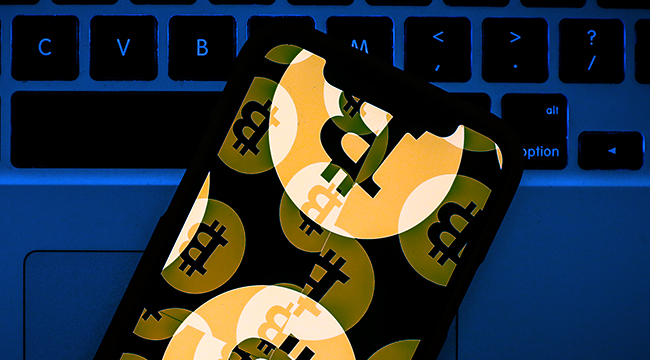
When Facebook first went live in 2004, it was a social networking site for college students to find and connect with one another. Now, over 15 years later, it’s a news agency, an instant messaging service, and an advertising giant. We use it to connect with friends and family, find businesses we like, share photos and dubiously-sourced news stories, even order food and send money to friends. It has outsized power to shape our perceptions of the world.
In short, Facebook is a behemoth, and it’s planning on getting even bigger. Next week, Facebook will introduce its own cryptocurrency to the public in time for a 2020 rollout. The social media giant reportedly has backing from over a dozen major companies — including Visa, Mastercard, and Uber — and they’re planning on taking Libra or GlobalCoin (two names reportedly being used for the crypto) live and making a mecha-Bitcoin, a crypto unlike any we’ve seen before.
But why is the social network getting into the crypto game, and what does that mean for the rest of us?
What do we know about GlobalCoin a.k.a. Libra?
According to CoinDesk, a Facebook cryptocurrency has been in the works for upwards of 18 months — at least since David Marcus, the former VP of Messaging, joined the Board of Directors at CoinBase, a currency exchange for digital monies, in December 2017.
There have been hints dropped along the way that Facebook’s secretive crypto team was getting closer and closer to roll-out, and now it’s been confirmed. Facebook will introduce the cryptocurrency’s white paper as early as tomorrow, June 18, according to several sources. The document will include details about the 2020 roll-out, funding, and the vision Facebook has for its crypto. Here’s what we know so far:
- Though it was initially reportedly being called GlobalCoin internally, it will most likely be called Libra.
- Over a dozen major companies have given at least $10 million each to the project. These companies include Visa, Mastercard, Uber, Paypal, Booking.com, Mercado Libre, and several venture capital and telecommunications firms.
- Neither Facebook nor the Libra Association, the consortium of companies financially involved, “will have direct control of the crypto,” according to Business Insider.
- Libra will be a stablecoin, a crypto that is tied to several global currencies in order to make its value more stable.
How will it be different from other cryptocurrencies?
The draw of Libra will be its stability, according to early reports. Because Libra is “a stablecoin pegged to a basket of global currencies” rather than a coin pegged to one currency (such as Tether, which is a crypto pegged solely to the U.S. dollar, or Bitcoin, whose value is extremely volatile), it’ll “avoid price volatility.” This stability is essential for using Libra in place of fiat currency (government-backed money) so people can pay what something is actually worth without having to worry about the value of Libra either skyrocketing or plummeting in the time it takes to make a payment.
What makes Libra largely different from other cryptocurrencies is its potential for real-world application. By marrying it to not only Facebook but also these large telecomms, e-commerce, and banking companies, people will be able to use Libra for real-life transactions, whereas with other cryptos, such as Bitcoin, it’s difficult to convert “coin” into real liquidity. There are specific platforms, like ultra-luxe Dadiani Syndicate, which allows Bitcoin owners to trade their crypto for real-world goods. But there’s still no platform to use crypto to, say, buy a latte at your café when you’ve forgotten your wallet.
What will it do for consumers?
I can’t confirm but a source says Facebook Crypto will try to offer ~5% rebate on purchases & and hopes to have Uber accept Fb’s coin as payment
— Josh Constine 📶🔥 (@JoshConstine) June 13, 2019
According to TechCrunch: a lot.
Editor-at-large Josh Constine writes,
“[I]t could unlock a new era of commerce and payments for the social network. It could be used to offer low or no-fee payments between friends or remittance of earnings to families from migrant workers abroad who are often gouged by money transfer services.
Sidestepping credit card transaction fees could also allow Facebook’s cryptocurrency to offer a cheaper way to pay merchants for traditional e-commerce, or facilitate micro-transactions for a la carte news articles or tipping of content creators.”
On the face of things, Libra seems like it could be a net positive for those who are hit hardest by traditional financial institutions, skirting around fees that hit hard both on the consumer and creator side of commerce. That said, this is Facebook, a company that isn’t exactly known for respecting users’ privacy. And your financial data is even more valuable than your shopping habits, so clearly there’s cause for some measured skepticism.
